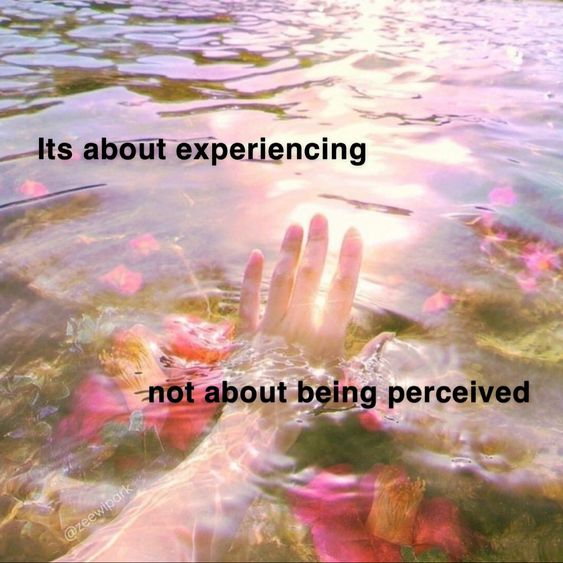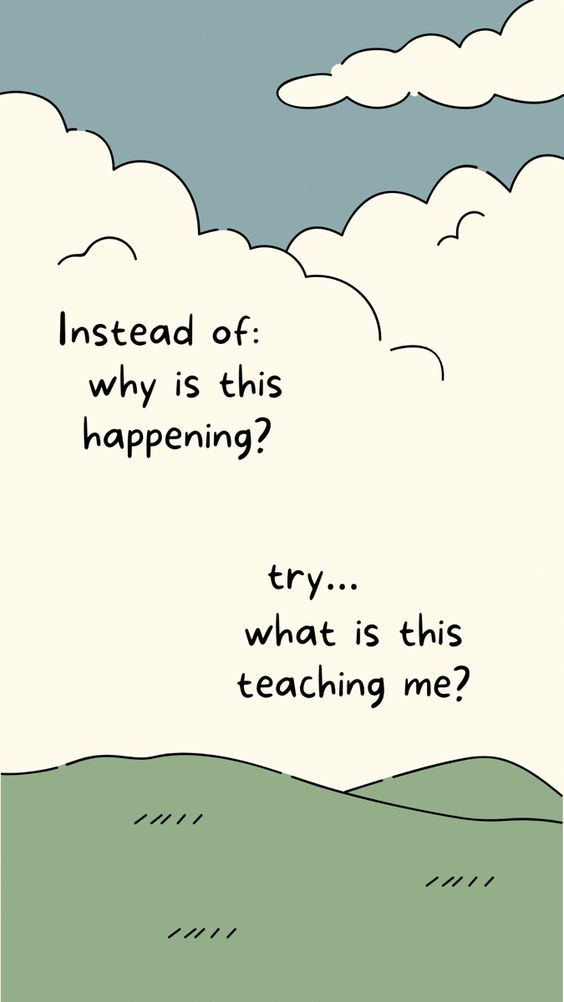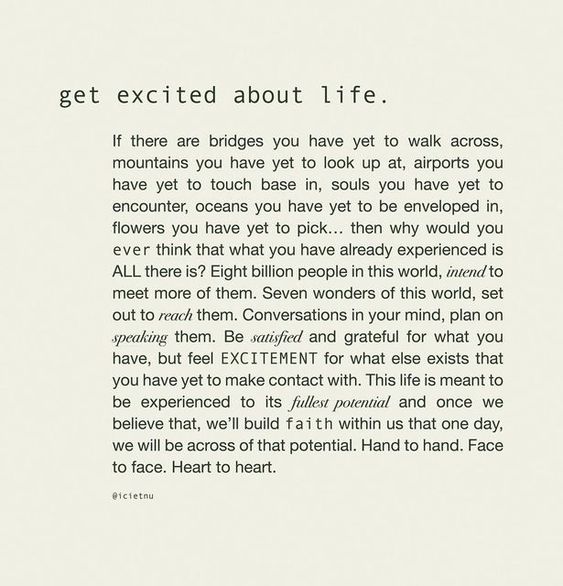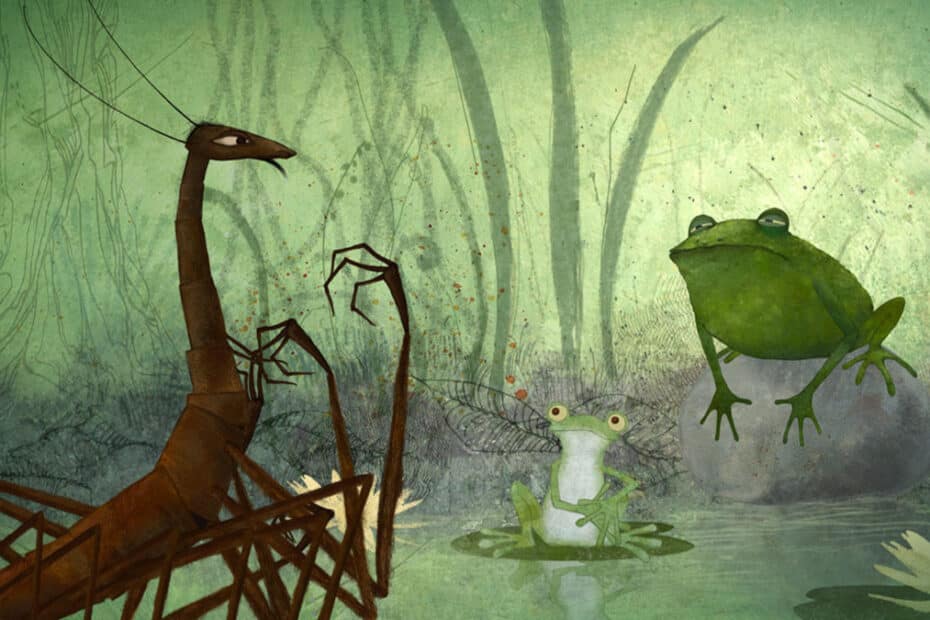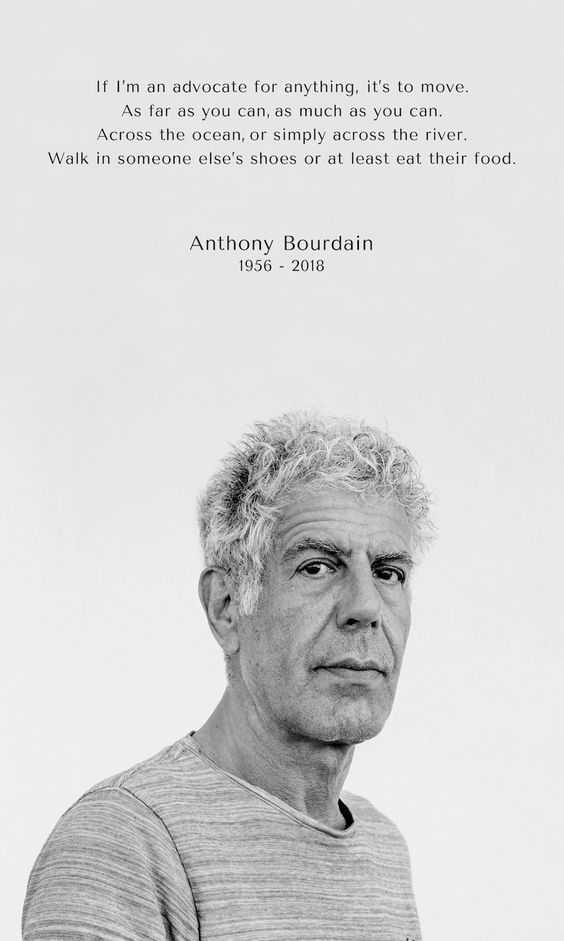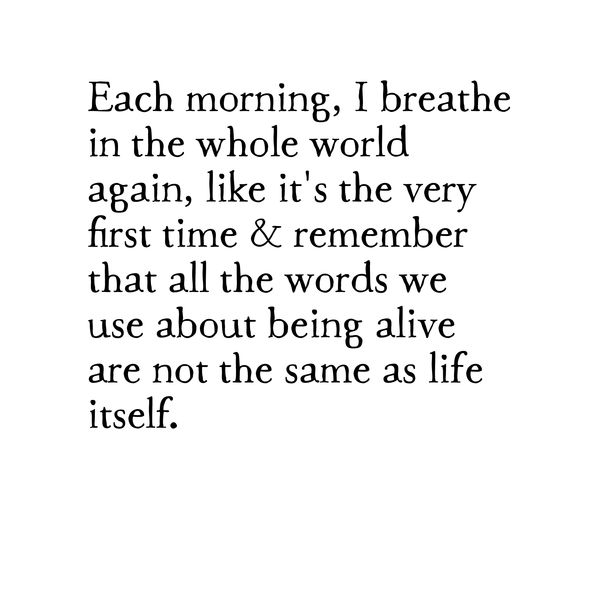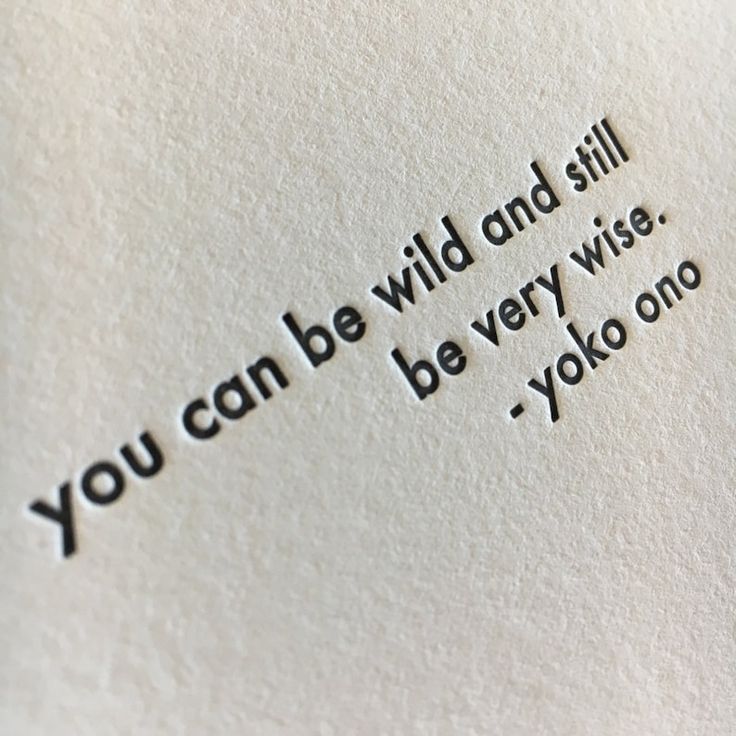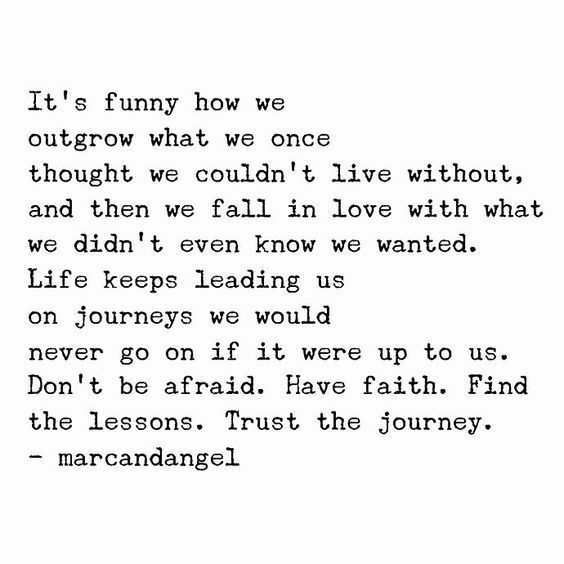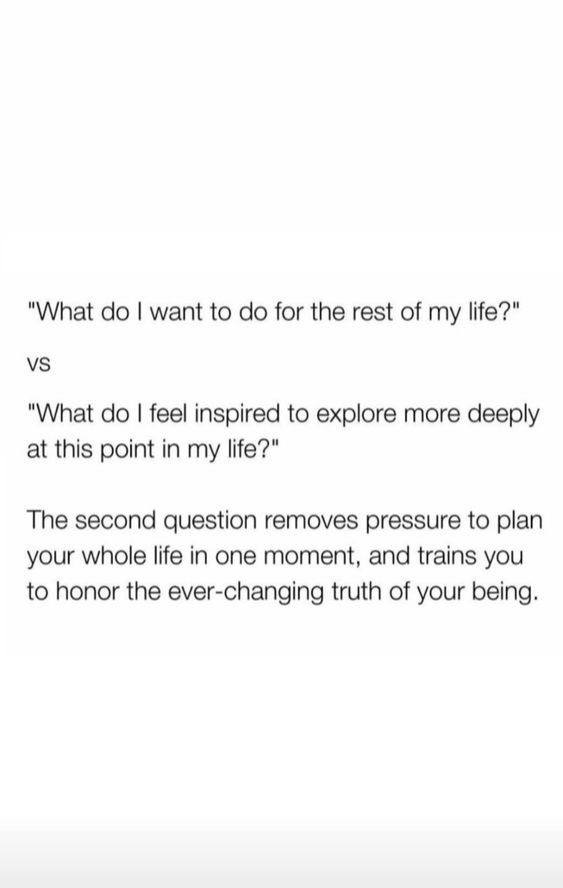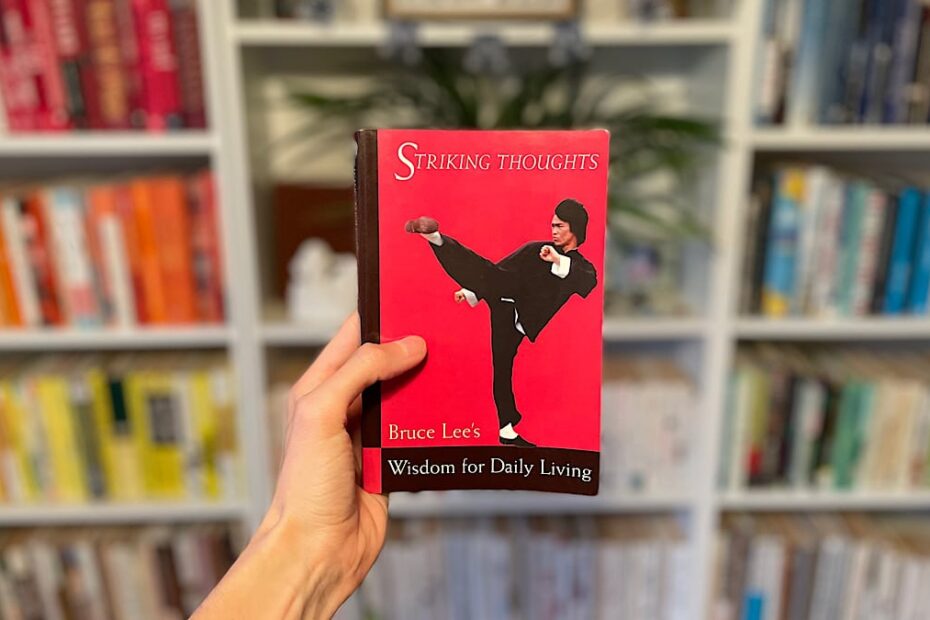“For centuries we have been spoon-fed by our teachers, by our authorities, by our books, our saints. We say, ‘Tell me all about it—what lies beyond the hills and the mountains and the earth?’ and we are satisfied with their descriptions, which means that we live on words and our life is shallow and empty. We are second-hand people. We have lived on what we have been told, either guided by our inclinations, our tendencies, or compelled to accept by circumstances and environment. We are the result of all kinds of influences and there is nothing new in us, nothing that we have discovered for ourselves; nothing original, pristine, clear.”
J. Krishnamurti, Freedom From The Known (Page 10)
“So it is that there is nothing to be taught, but yet there is something to be learned. There is something we may come to understand, but not if we demand that it be explained to us. There is something that may happen to us, but not if we await its coming from outside of ourselves.”
Sheldon B. Kopp, If You Meet Buddha On The Road, Kill Him! (Page 190)
“The Zen master warns: ‘If you meet the Buddha on the road, kill him!’ This admonition points up that no meaning that comes from outside of ourselves is real. The Buddhahood of each of us has already been obtained. We need only recognize it. Philosophy, religion, patriotism, all are empty idols. The only meaning in our lives is what we each bring to them. Killing the Buddha on the road means destroying the hope that anything outside of ourselves can be our master. No one is any bigger than anyone else. There are no mothers or fathers for grown-ups, only sisters and brothers.”
Sheldon B. Kopp, If You Meet Buddha On The Road, Kill Him! (Page 188)
“Siddhartha ‘no longer merely knows about, he understands the evils of the worldly life’ and so he is free of them.”
Sheldon B. Kopp, If You Meet Buddha On The Road, Kill Him! (Page 60)
“The most important things that each man must learn, no one else can teach him. Once he accepts this disappointment, he will be able to stop depending on the therapist, the guru who turns out to be just another struggling human being. Illusions die hard, and it is painful to yield to the insight that a grown-up can be no man’s disciple. This discovery does not mark the end of the search, but a new beginning.”
Sheldon B. Kopp, If You Meet Buddha On The Road, Kill Him! (Page 56)
“What the guru knows that the seeker does not is that we are all pilgrims. There is no master, and there is no student.”
Sheldon B. Kopp, If You Meet Buddha On The Road, Kill Him! (Page 19)
“Never believe anything unless you have experienced it. Never form any prejudice, even if the whole world is saying that something is so, unless you have encountered it yourself.”
Osho, Everyday Osho (Page 131)
A Short Story About A Centipede and A Frog—and How To Better Balance Thinking and Being
Excerpt: The following is an excerpt from Everyday Osho. In it, we meet a centipede and a frog and see the crippling effect overthinking can have in life.
Read More »A Short Story About A Centipede and A Frog—and How To Better Balance Thinking and Being
“Mature people are those who have watched and found for themselves what is right, what is wrong, what is good, what is bad. And by finding it for themselves, they have a tremendous authority. The whole world may say something else, and it makes no difference to them. They have their own experience to go by, and that is enough.”
Osho, Everyday Osho (Page 24)
“Two kinds of people are good at foreseeing danger: those who have learned at their own expense, and the clever people who learn a great deal at the expense of others.”
Baltasar Gracián, The Pocket Oracle and Art of Prudence
46 Impactful Bruce Lee Quotes from Striking Thoughts
Excerpt: Striking Thoughts is a book that features 800+ Bruce Lee quotes. We read each one and hand-picked 46 of the best ones (in our humble opinion)…
Read More »46 Impactful Bruce Lee Quotes from Striking Thoughts
“Create immediately an atmosphere of freedom so that you can live and find out for yourselves what is true, so that you are able to face the world with the ability to understand it, not just conform to it. One can tell for oneself whether the water is warm or cold. In the same way, a man must convince himself about these experiences, only then are they real.”
Bruce Lee, Striking Thoughts (Page 208)
